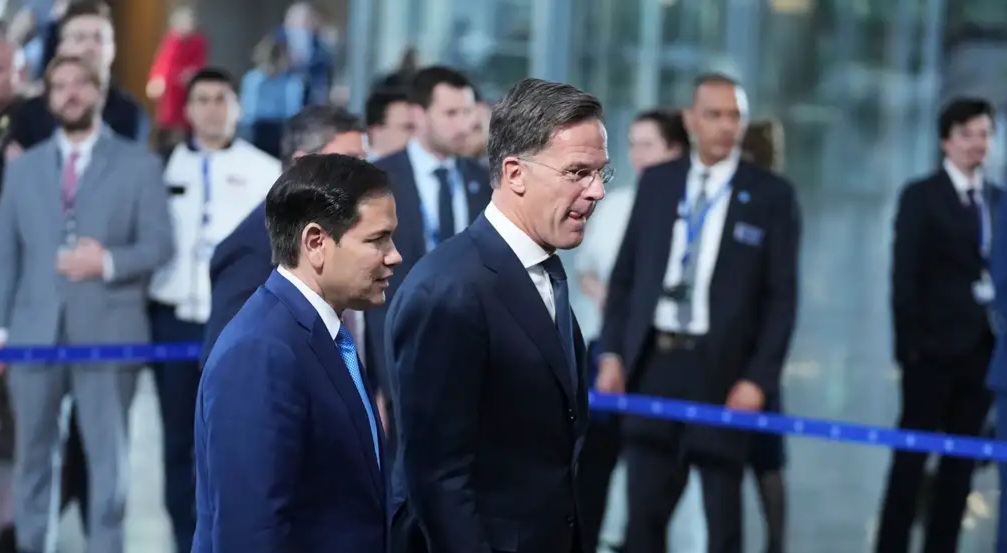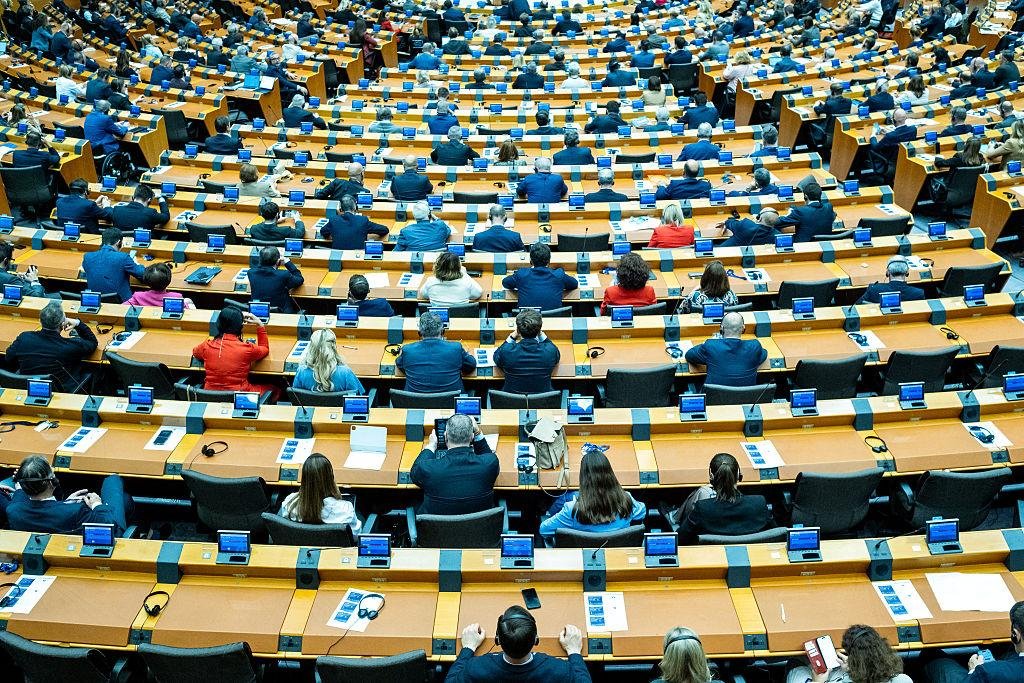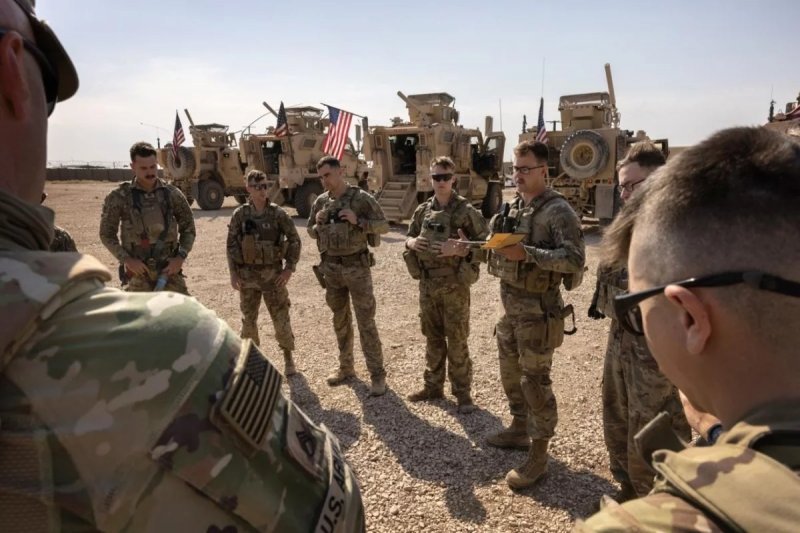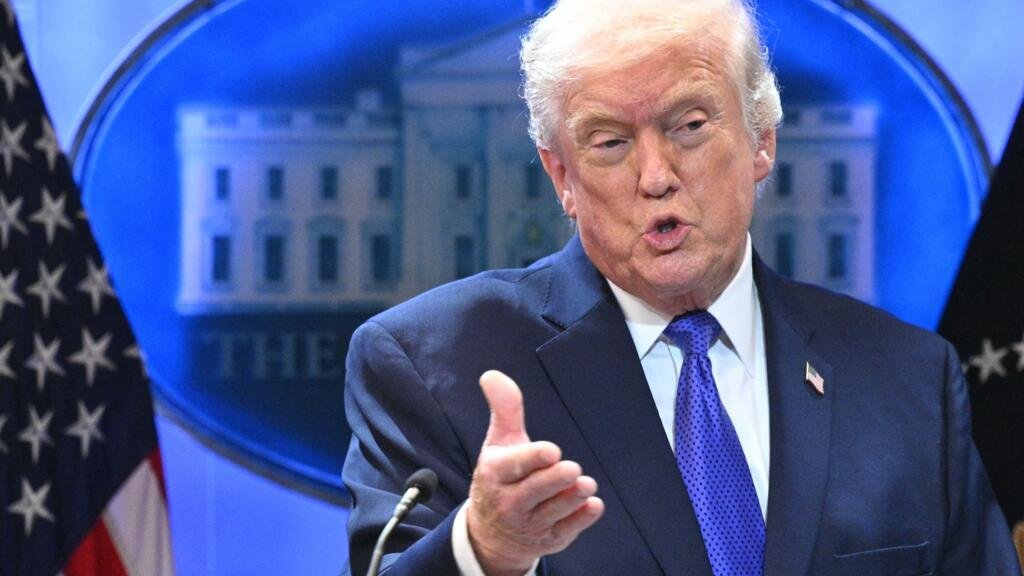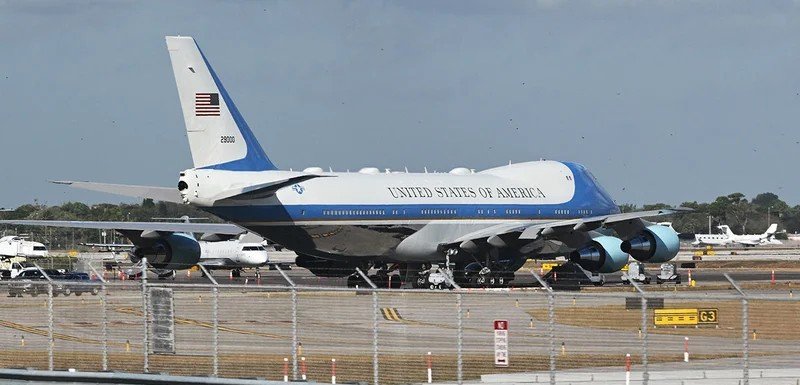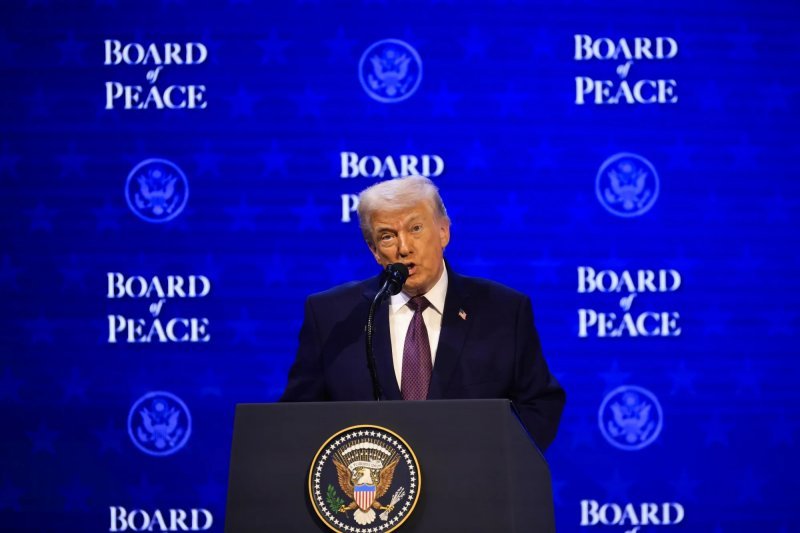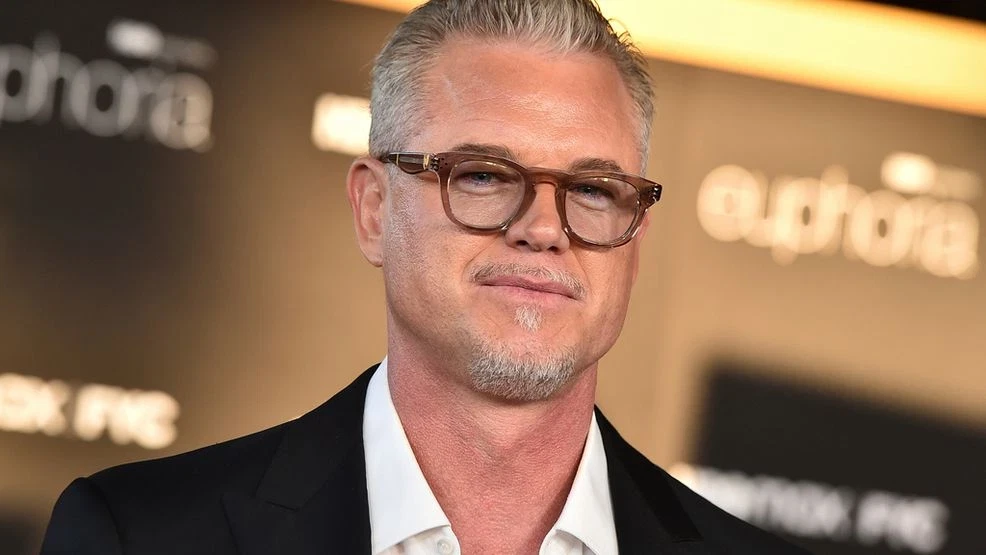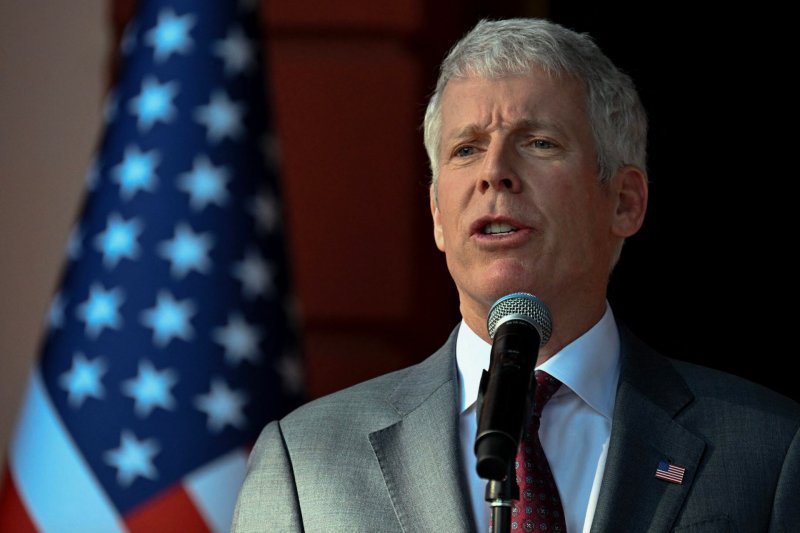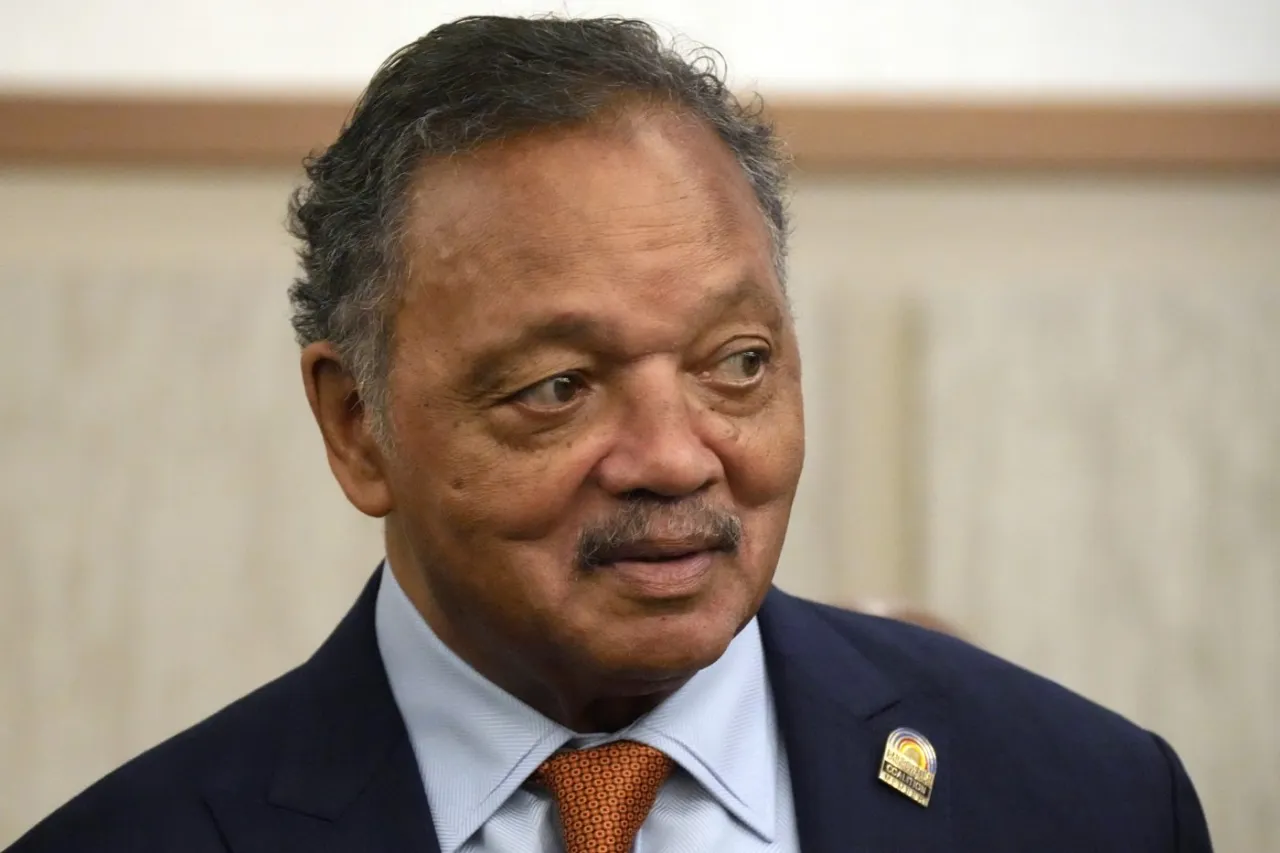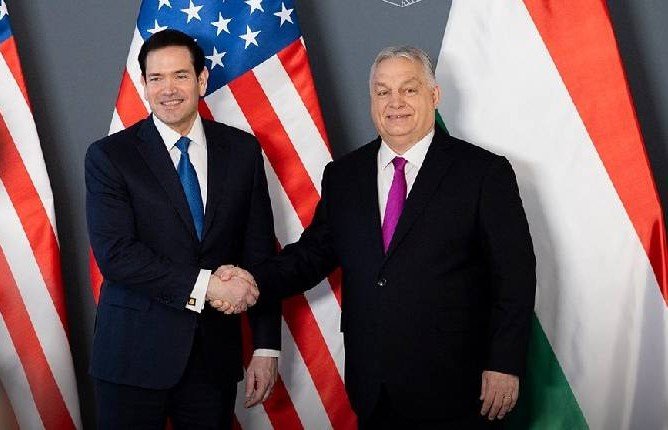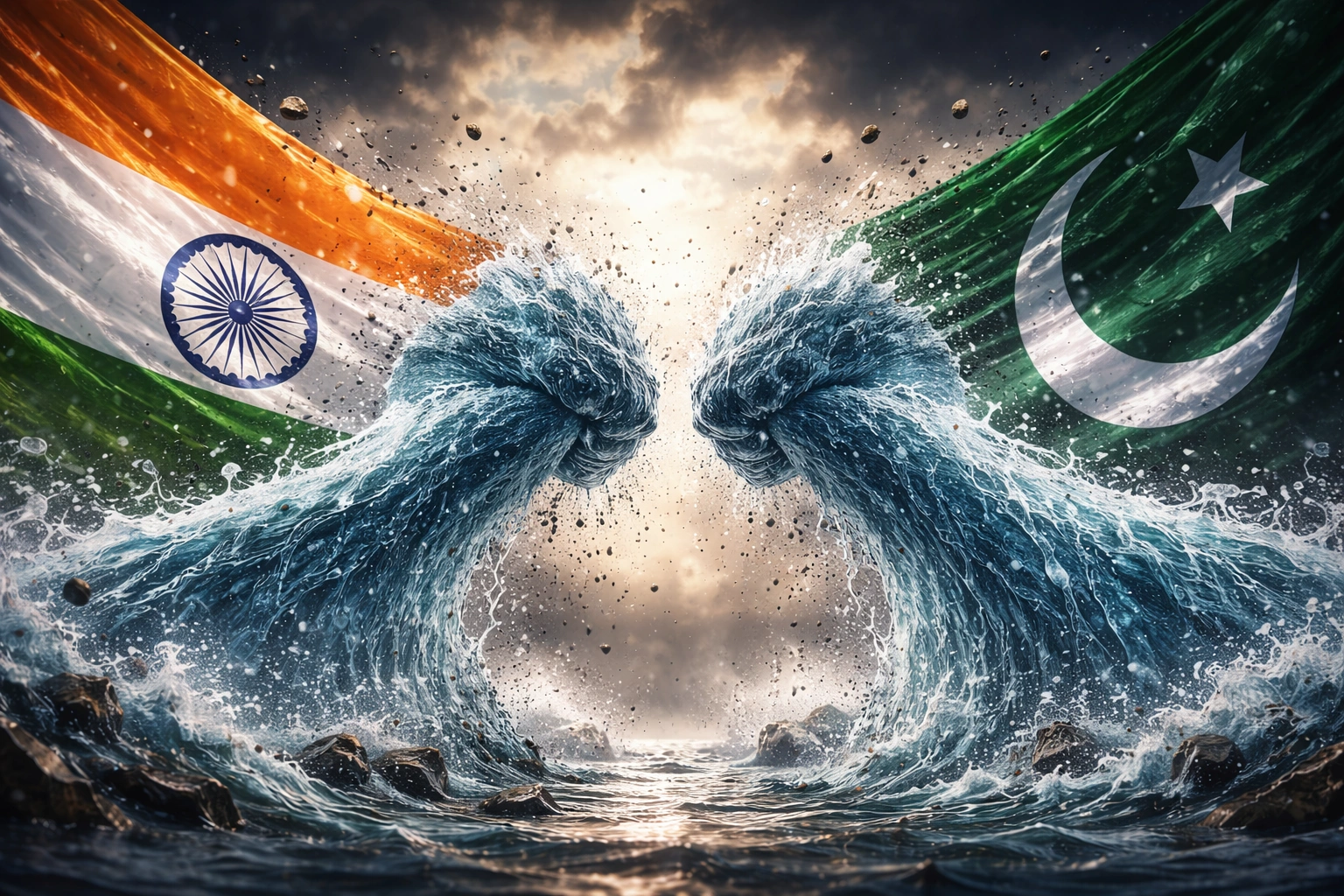Brussels, April 4, 2025 — The Europe Today: Foreign ministers from NATO member states gathered in Brussels on Thursday for crucial talks, just hours after US President Donald Trump announced a new round of sweeping tariffs, which sparked anger and concern among European allies and Canada.
The announcement of tariffs, a continuation of Trump’s long-standing policy to address what he deems unfair trade imbalances, added to the already strained relations between the US and its NATO partners. Tensions have been rising since Trump’s early days in office, especially concerning his threats to reduce US military involvement in Europe.
In an attempt to address growing concerns about the US’s commitment to NATO, NATO chief Mark Rutte assured allies ahead of the meeting that there would be no abrupt withdrawal of US forces from Europe. “There are no plans for them to all of a sudden draw down their presence here in Europe,” Rutte, the former Dutch prime minister, clarified. He emphasized that while the US is engaged in multiple global challenges, the commitment to European defense remains intact.
Rutte’s comments came as Secretary of State Marco Rubio attended the summit, where the ongoing tensions and defense spending commitments were discussed. Rubio pushed for NATO members to increase their defense spending to 5% of GDP, underlining that such a commitment should include the US as well. “We do want to leave here with an understanding that we are on a pathway, a realistic pathway, to every single one of the members committed and fulfilling a promise to reach up to 5% of spending,” Rubio said.
Despite concerns over trade and defense, Rutte reassured that the US remains a trusted ally within NATO. “Absolutely, they are,” he responded when asked about the reliability of the US as a NATO partner.
The meeting focused on NATO’s ongoing defense strategy, particularly with regard to the long-term threat posed by Russia. NATO members are expected to continue collaborating to ensure security and stability, even as the broader geopolitical landscape evolves, with hopes for progress in Ukraine.
